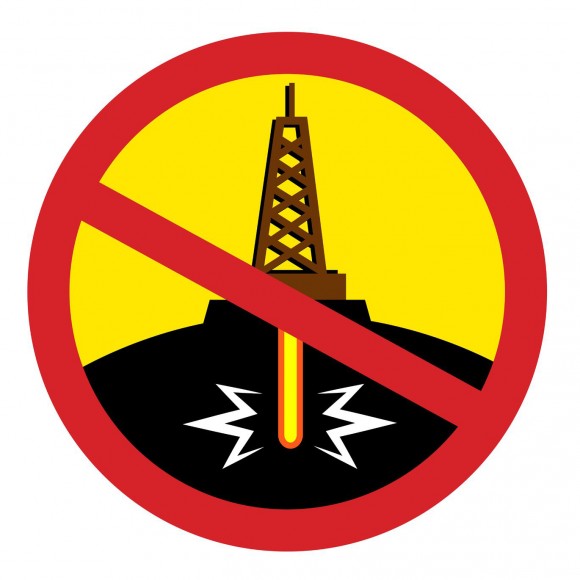California lawmakers rejected a bill that would have banned fracking in the state, succumbing to pressure from the powerful oil and gas industry and their labor union allies who warned the bill would have cost good-paying jobs.
The bill was inspired in part by California Gov. Gavin Newsom, who last year announced the state would ban the sale of all new gas-powered cars by 2035. He also called on the state Legislature to ban new permits for fracking, a technique to extract oil and gas embedded in rock deep beneath the surface.
Two Democratic state senators, Scott Wiener from San Francisco and Monique Limon from Santa Barbara, introduced legislation earlier this year that would have banned fracking by 2027. They later changed the bill to ban fracking by 2035.
But it wasn’t enough to win over some of their Democratic colleagues, who could not muster enough votes on Tuesday to advance the bill out of committee. The bill needed five votes to advance, but it only got four. Democratic Sen. Susan Eggman of Stockton joined two Republicans in voting against the bill, while two other Democrats, Robert Hertzberg of Van Nuys and Ben Hueso of Logan Heights, did not vote.
“There is a large stain on California’s climate record, and that is oil,” Wiener said during a committee hearing on Tuesday.
Aside from banning fracking and other similar oil extraction methods, the bill would have also imposed a 2,500 foot (762 meters) buffer between oil wells and places like homes and hospitals. It would have set up a state program designed to encourage companies to hire laid off oil and gas workers to help clean up closed wells.
But those jobs won’t pay as well as the oil and gas jobs they replace, said Rudy Gonzalez, secretary treasurer of the San Francisco Building and Construction Trades Council.
“Our blue collar workers can’t afford this right now,” he said.
Opponents noted California heavily regulates the oil and gas industry to make sure they extract oil safely. Banning the practice would not reduce California’s dependence on oil, driven by the tens of millions of gas-powered cars and trucks on the state’s roads, requiring it to import more oil from other places.
“We’re still going to use it, but we’re going to use it from places that produce it less safely,” Eggman said. She added she supports transitioning the state away from oil and gas, but cautioned: “I don’t think we’re quite there yet, and this bill assumes that we are.”
Wiener noted California is already dependent on foreign oil, saying the state imports about 70% of its supply. He said more than 2 million people in California live within 2,500 feet of an active oil well, putting them more at risk for health problems like asthma, other respiratory diseases and cancer.
Tuesday’s vote means the proposal likely won’t pass the Legislature this year. But in a joint statement after the hearing, Wiener and Limon said they are not giving up.
“This issue isn’t going away,” they said. “We’ll continue to fight for aggressive climate action, against harmful drilling and for the health of our communities.”
Topics California
Was this article valuable?
Here are more articles you may enjoy.



 AIG Underwriting Income Up 48% in Q4 on North America Commercial
AIG Underwriting Income Up 48% in Q4 on North America Commercial  Q4 Global Commercial Insurance Rates Drop 4%, in 6th Quarterly Decline: Marsh
Q4 Global Commercial Insurance Rates Drop 4%, in 6th Quarterly Decline: Marsh  Florida’s Commercial Clearinghouse Bill Stirring Up Concerns for Brokers, Regulators
Florida’s Commercial Clearinghouse Bill Stirring Up Concerns for Brokers, Regulators  BMW Recalls Hundreds of Thousands of Cars Over Fire Risk
BMW Recalls Hundreds of Thousands of Cars Over Fire Risk 

